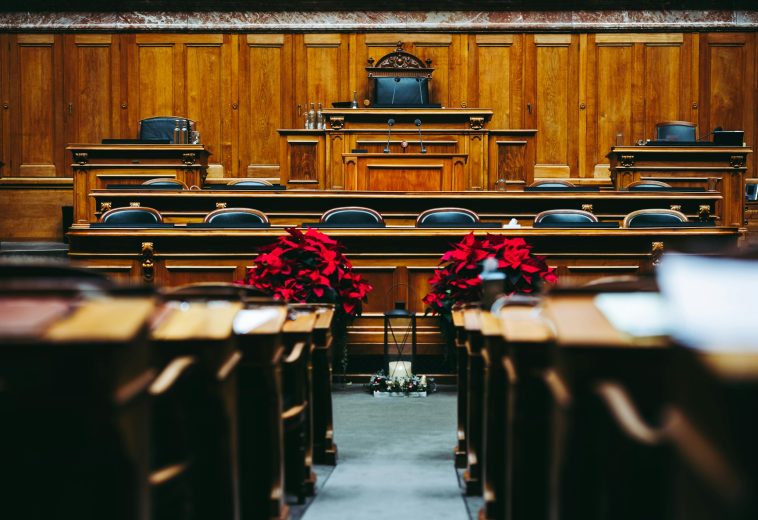There are a lot of beautiful things about Africa; from the landscapes to the abundant natural resources, the continent has appreciably more than is often portrayed. One other wealth the continent has is its people and their diverse cultures. There are over 3000 cultures in Africa and 2100 languages in Africa. These languages are more than a means of communication; they are and have been a means of preserving rich histories and identities.
This diversity in languages and cultures has come with its advantages and challenges over time but each language is greatly significant to its native speakers and not only does it transcend their identity, but also has severe socio-political implications in the African structure.
Time and globalization have brought about interconnectedness within the continent and African languages are caught in a dilemma of the opportunity and challenge of preserving their diversity in the midst of global change. Out of the 2100 languages in Africa, widely-spoken languages like Swahili, Hausa, and Yoruba to lesser-known languages like Khoekhoe and Dinka encapsulate unique expressions, knowledge systems, and oral traditions passed down through generations.
Although globalization has contributed immensely to the world in terms of the exchange of information, education, and culture, it has greatly affected language diversity. European languages; English, French and Portuguese, dominate the international scene in education, media and digital spaces. This brings about the marginalization of other languages especially African vernacular.
This threatens the heritage of most of these cultures as most of their heritage is embedded in their languages. The transfer of their history, cultural practices and knowledge to the younger generation is usually done orally and the extinction of these languages would imply the loss of these generational practices, history and knowledge.
Efforts have been made by governments, NGOs, and individuals all geared towards the preservation of African languages.
Policy and Education: Through policies that promote multilingualism in their education system, some countries in Africa have made efforts to preserve their local languages. Some of these countries like Nigeria, Tanzania, Kenya and Uganda have made the study of local languages in schools compulsory to preserve cultural identities and enhance learning outcomes.
Cultural Revitalization: The use of cultural festivals, language immersion programs, and community-driven projects across Africa is going a long way to celebrate and revive endangered languages. These initiatives are effectively encouraging intergenerational dialogue to foster the appreciation of linguistic diversity.
Digitalization: The use of digital technology in promoting indigenous languages is aiding the preservation of these languages. Mobile applications like Nkenne is one digital app that promotes learning and promotion of Africa’s indigenous languages. Social media campaigns and mobile dictionaries also help to encourage linguistic pride and accessibility.
International and Inter-cultural Collaboration: Partnerships with global organizations, universities, and linguistic research institutions is supporting documentation, research, and preservation efforts of African languages. These collaborations amplify advocacy for linguistic rights and promote diversity in global discourse.
Preservation of African languages means more than linguistic diversity. It is the central point of sustainable development, social cohesion, and cultural resilience. Indigenous languages in Africa embody unique worldviews, ecological knowledge, and resilience strategies honed over millennia. As Africa navigates the complexities of globalization, valuing and safeguarding its linguistic diversity will be crucial in shaping inclusive and equitable futures for all its peoples.


